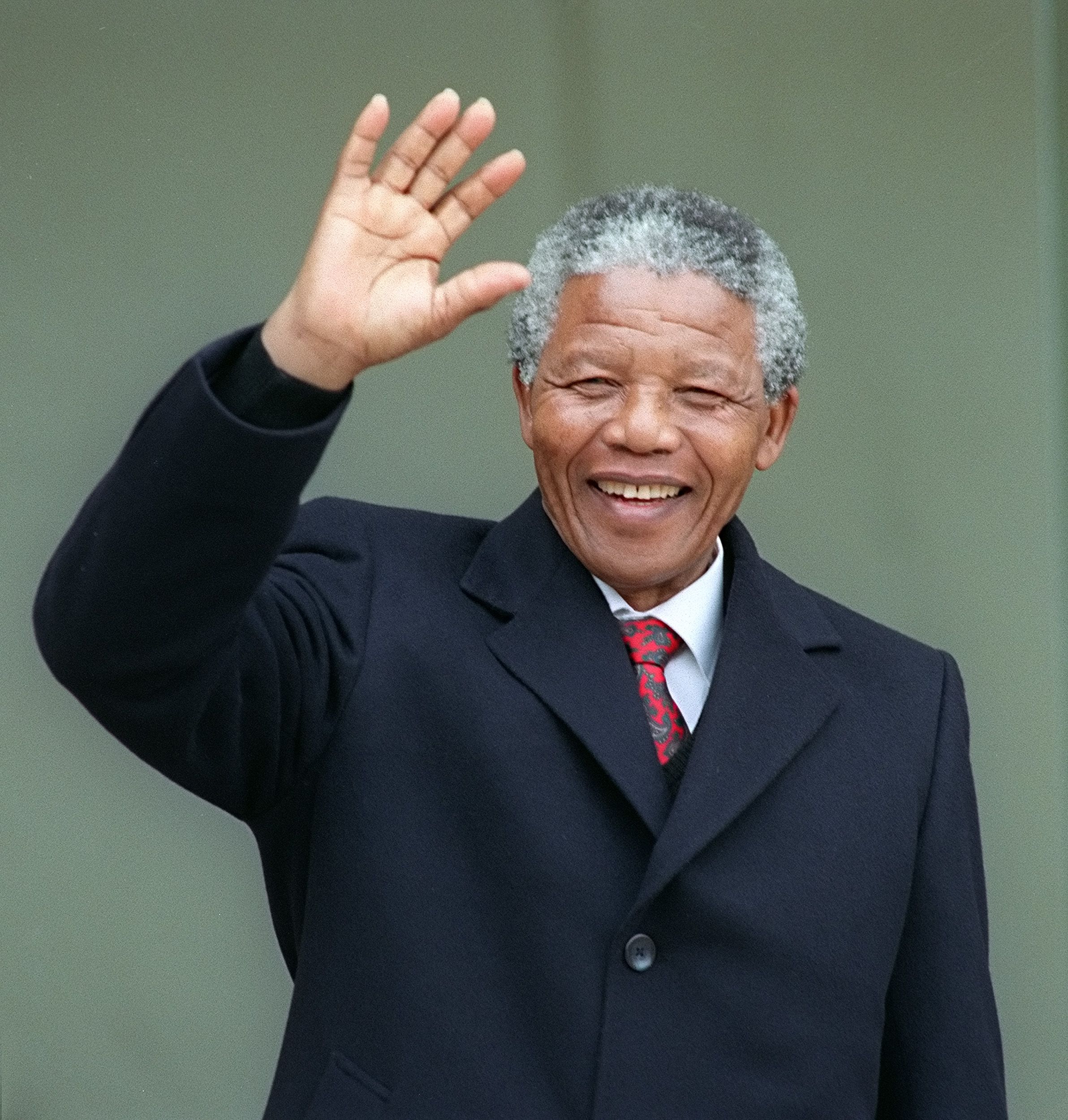News
South Africans Neglect Mandela’s Directive: ‘It is in Your Hands’

South Africans Neglect Mandela‘s Directive: ‘It is in Your Hands‘. Today is Nelson Mandela International Day, which is celebrated every year on 18 July, Mandela’s birthday, and honours the values and legacy of the late, great statesman and freedom fighter. Five South Africans tell what this year’s Mandela Day theme, ‘It is in your hands’, means to them.
“Education is the most powerful weapon which you can use to change the world.” — Nelson Mandela
Avuyile Mali, a third-year student studying Visual Communication Design at the Cape Peninsula University of Technology, says Nelson Mandela was an icon who fought for the nation’s freedom. His example has allowed Mali to “stand tall” and thrive in his studies.
“This year’s theme means a lot to me because he [Mandela] was 100% right when he said it’s in our hands. In order for the world to change for the better, it depends on us and if we work together we can combat poverty and unemployment,” Mali says.
***
“Sport has the power to change the world.” — Nelson Mandela
Miles Jameson of Mitchells Plain in Cape Town started playing soccer at the age of six.
“It kept me away from a lot of negative things, for example, drugs … my community where I’m from is drug-infested,” Jameson says.
“This year’s theme means a lot to me because I had to overcome a lot of struggles in life, but I took it upon myself to not let negativity get in the way of following my dreams. At the end of the day, it was in my hands to make the best of a shit situation and that’s what I did.”
***
“Overcoming poverty is not a gesture of charity; it is an act of justice.” — Nelson Mandela
Asiphiwe Hanjiwe from the village of Qumbu in the Eastern Cape sells shoes and hair extensions in Cape Town to make a living and keep poverty at bay.
She came to Cape Town barely knowing how to construct a sentence in English, but through dedication and ambition overcame the obstacles impeding her path to success.
“Last year I travelled to Johannesburg to get my [business] licence, but that did not work out. Instead of [just] accepting my loss, I made sure to look for another opportunity whilst I was there,” Hanjiwe says.
She travelled to Switzerland and Dubai earlier this year to take a short course in artificial intelligence. She now uses social media to advertise her business and attract customers.
She is fighting poverty not just with words but also through her actions, realising that her destiny is in her hands.
***
“Artists reach areas far beyond the reach of politicians. Art, especially entertainment and music, is understood by everybody, and it lifts the spirits and the morale of those who hear it.” — Nelson Mandela
Maya Spector is a singer/songwriter and musician from Cape Town. She has been an artist for more than 20 years and fuses together the genres of jazz, soul, musical theatre and world music. She draws inspiration from her mixed cultural heritage background (South African and American).
“The significance of Mandela Day to my music career is that it is a day that reminds me to use my position to create opportunities to raise awareness about social issues or contribute to charitable causes through my music and artistry,” Spector says.
“Mandela Day encourages people to take action and make a difference. I believe creatives — and in my case, musicians — can leverage their creativity and influence to contribute to a better understanding of the current climate and inspire positive change among their audiences.”
Spector’s album Honey & Heartache is out now.
***
East London-born actress, performer and author Bianca Flanders creates the world she wants to live in through storytelling. Living in a diverse country, Flanders promotes inclusivity and tolerance, kindness and joy in her children’s books, the Pumpkin Series.
“I have always been an avid reader and have always wanted to try my hand at writing a story. I remember, when I was a child, none of the characters in the book looked like me so I wanted to … write the book I never had as a child.
“For me, that was really important and I figured that if I could help other kids, give them the help that I needed as a child, I would save them a lot of brain space and worry about becoming an astronaut, CEO or an engineer or an artist and not stressing about things like not loving themselves,” Flanders explains.
“I really want to be a part of the solution rather than another South African that just complains about our country. I want to do what I can to actively create the kind of South Africa I would want to live in and I think the best way for me to do that is through my art.”
